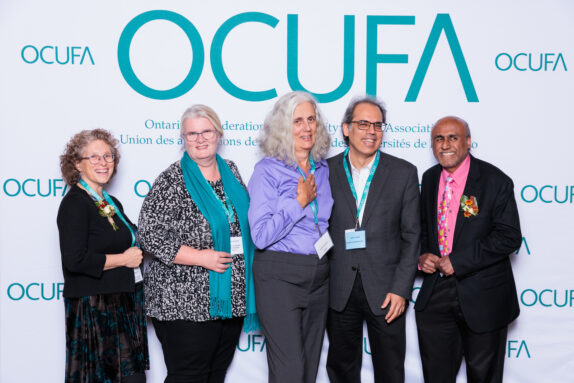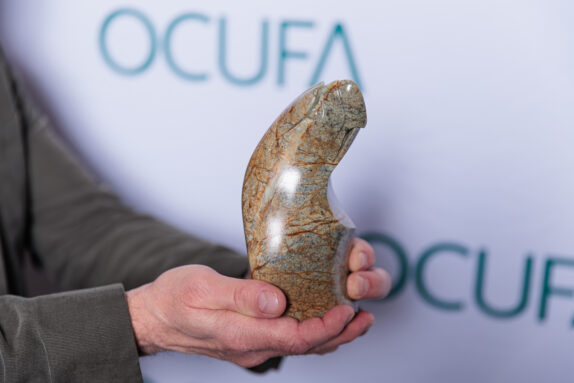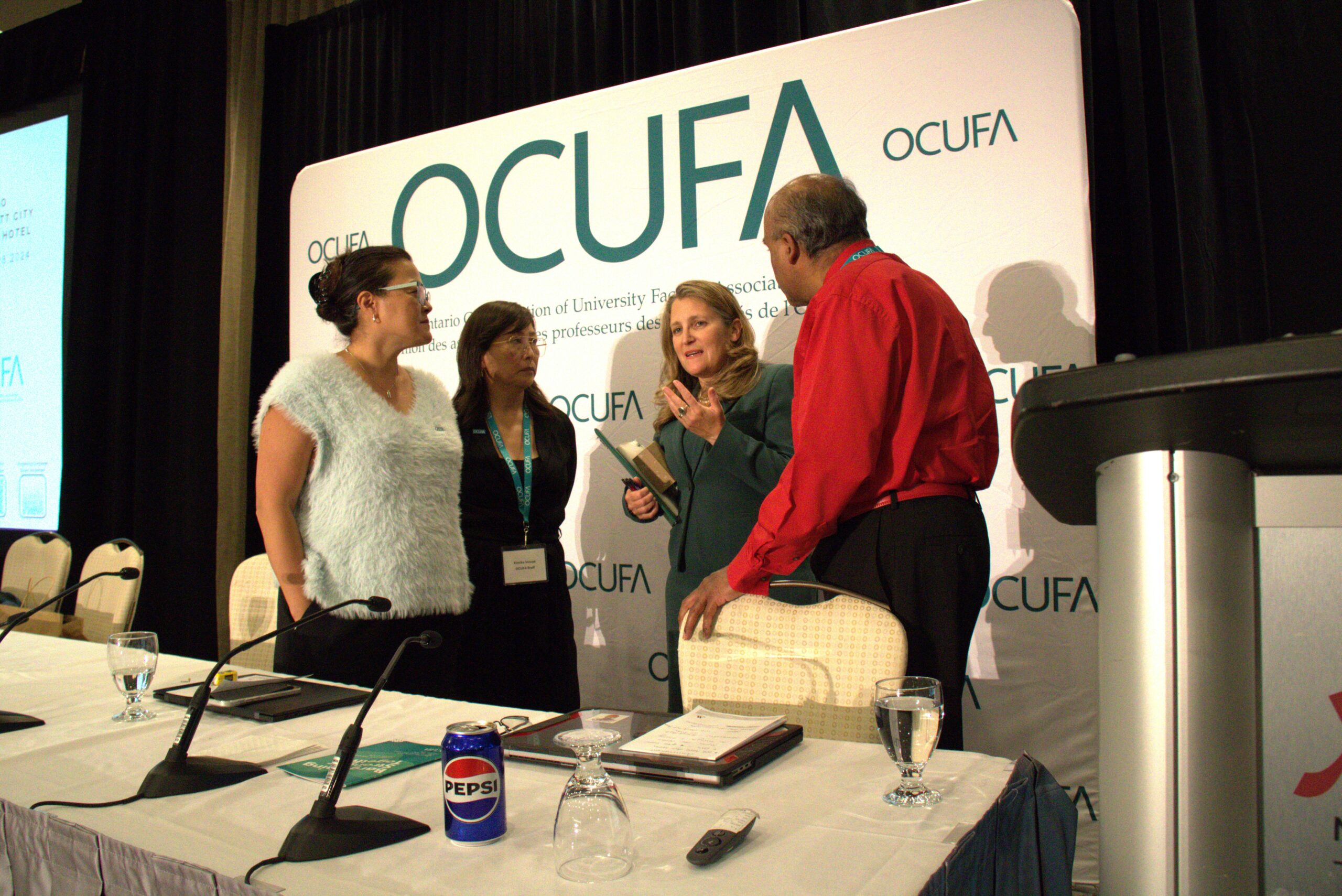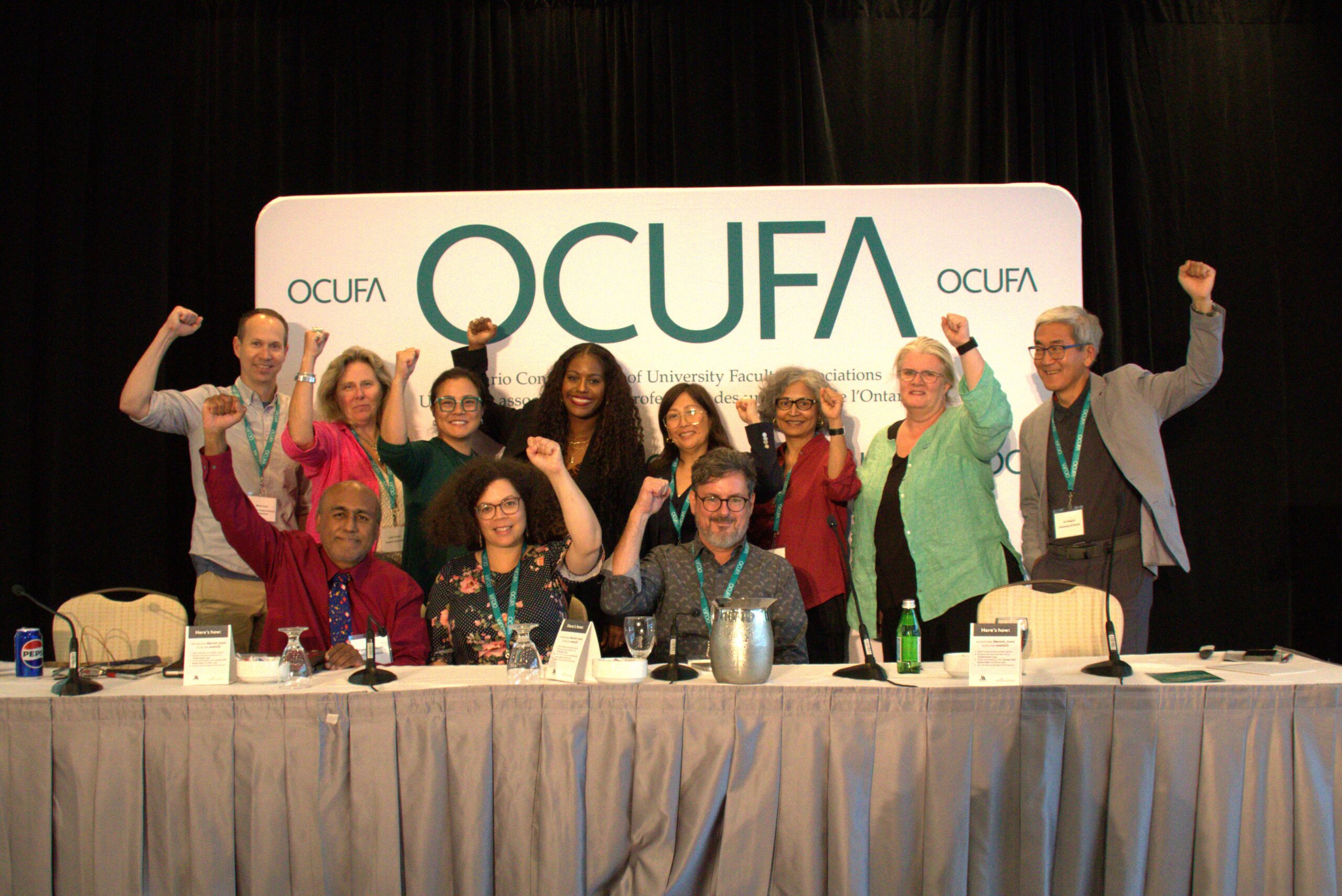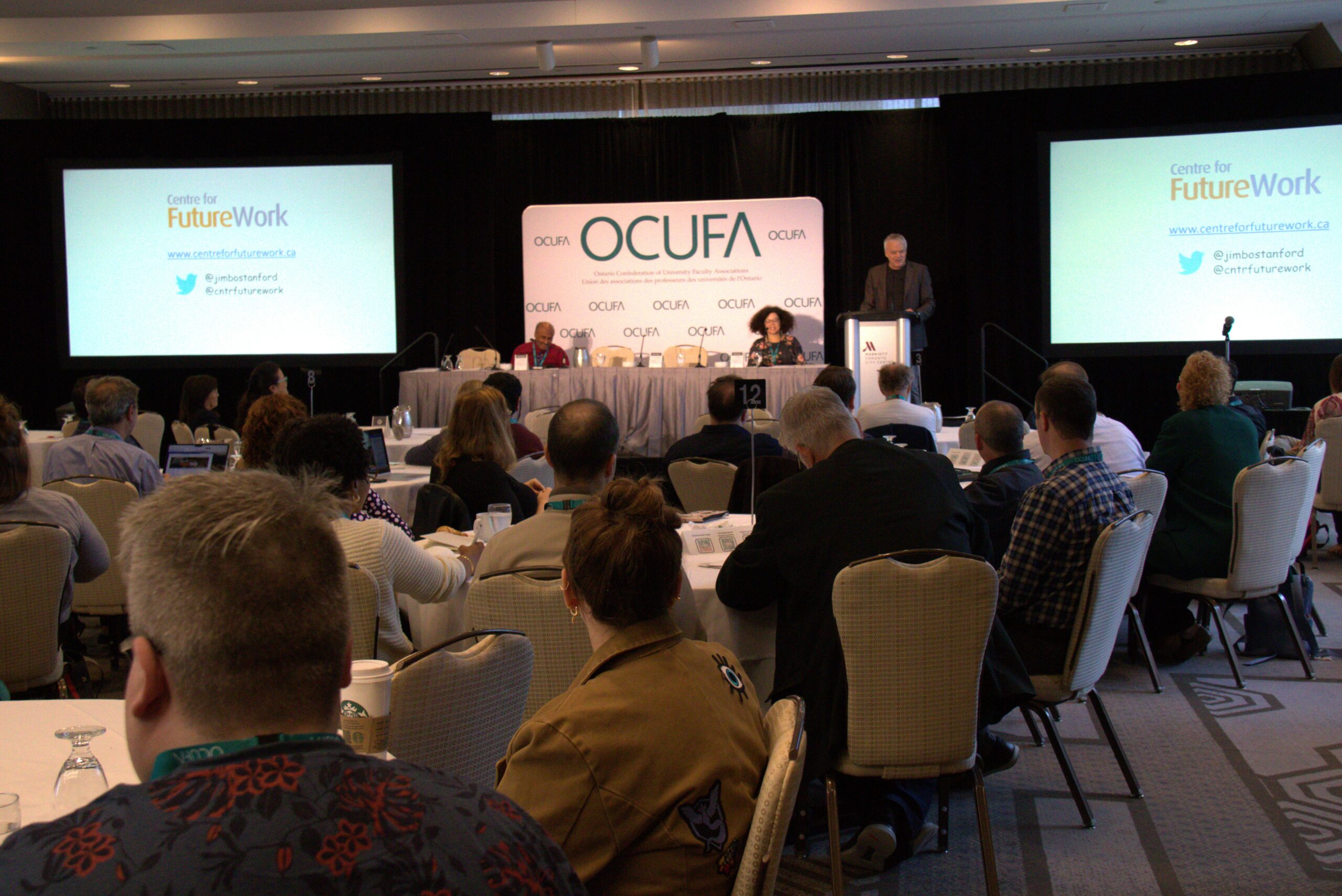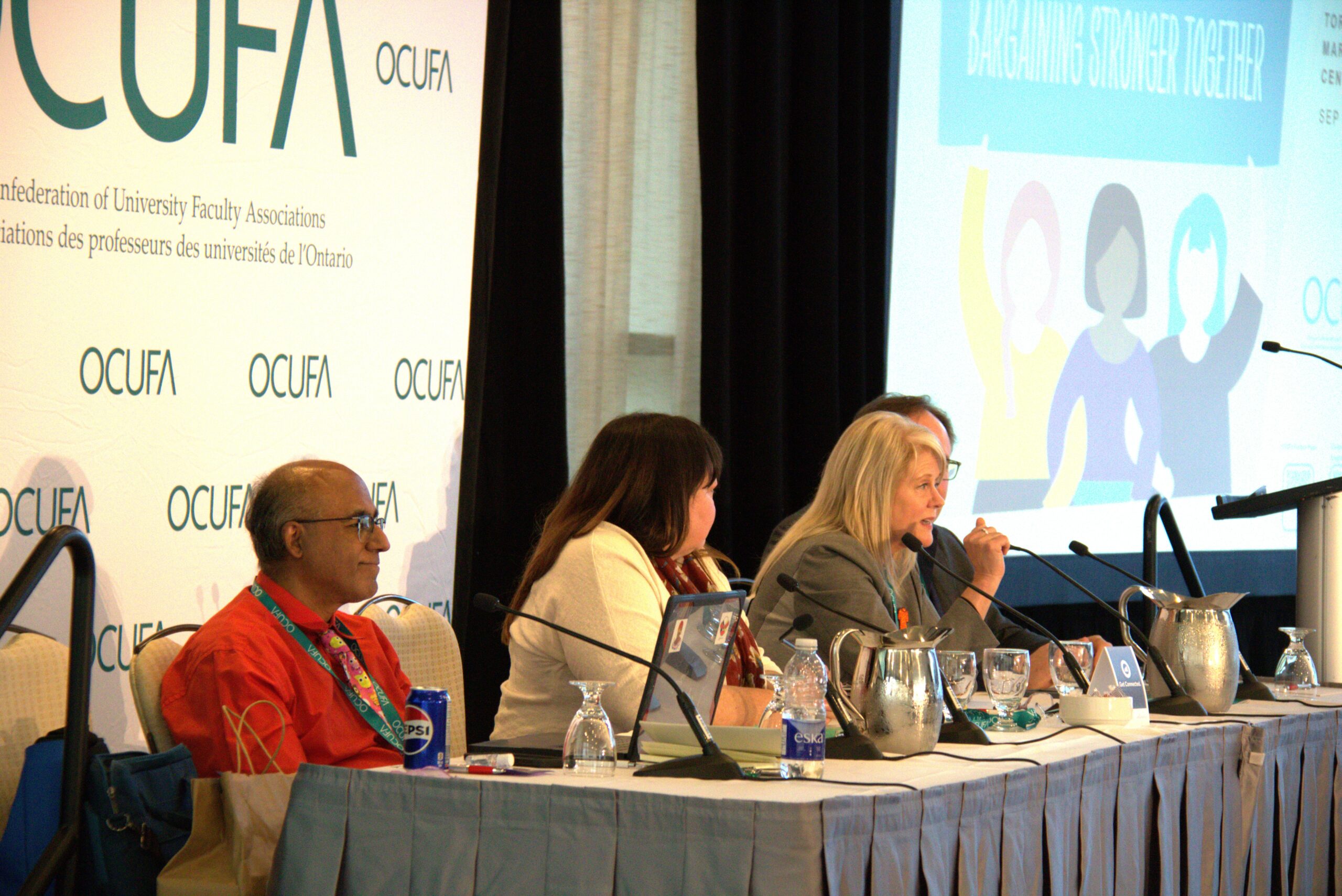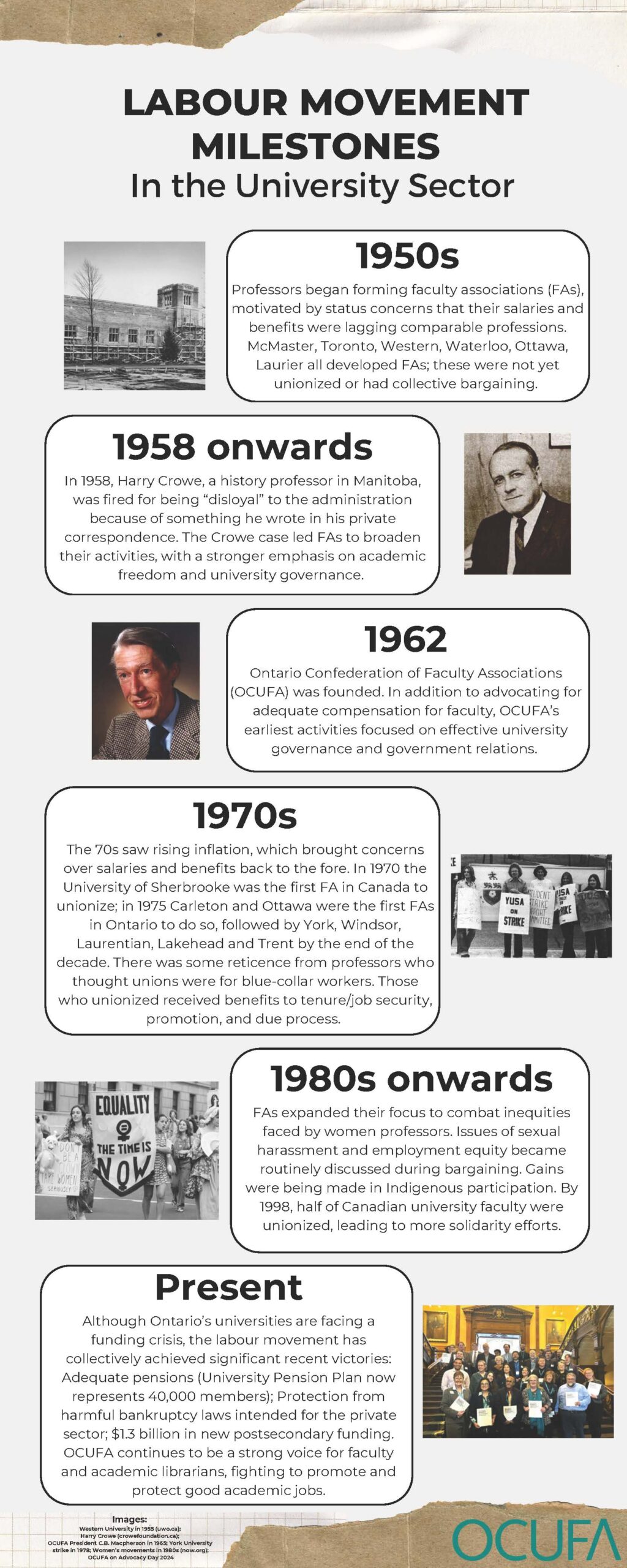Limited Term, Full-Time Position (Policy Level A)
Deadline: Friday, January 10, 2025
Working under the supervision of the Executive Director, the successful candidate for Communication Lead plays a key role in enhancing OCUFA’s public image and communications efficacy. This position is essential for crafting clear, compelling messages that promote the OCUFA’s goals, values, and initiatives. Collaborating closely with the communications team and other departments, this role ensures a unified and effective approach to all communication efforts. This position is integral to maintaining a positive
and coherent public and internal profile for the organization. The work of the role is coordinated by the Director of Communications. The Communications Lead will be part of a dynamic team of policy staff who work collaboratively to deliver the services required to meet OCUFA’s mandate, provide support for OCUFA’s member organizations, and assist in related advocacy initiatives.
About OCUFA
Founded in 1964, OCUFA represents over 18,000 university faculty, academic librarians, and other academic professionals in 30 member organizations across Ontario. It is committed to enhancing the quality of higher education in Ontario and recognizing the outstanding contributions of its members toward creating a world-class university system.
For more information, please visit the OCUFA website at www.ocufa.on.ca.
Areas of Responsibility
- Preparing OCUFA communications, media releases, op-eds, and other materials for the media and OCUFA members
- Providing communications assistance to OCUFA’s member organizations where appropriate
- Writing for, editing, and helping in the creative development of OCUFA publications (including OCUFA Report and Academic Matters), websites, social media properties, and campaigns
- Assist in developing OCUFA’s communications plan, and carrying it out in collaboration with OCUFA’s policy staff team
- Manage OCUFA media relations (including developing and maintaining relationships with journalists and media contacts) along with the Director of Communications
- Providing staff support for the OCUFA Executive & Board, assigned committees, workshops and conferences
- Writing reports, speeches and letters for the OCUFA President, Executive Director, Executive members, and committee representatives
- Working with OCUFA’s policy staff team to write, edit, and produce OCUFA policy papers and submissions to the provincial government, opposition parties, stakeholders, and other organizations
- Representing OCUFA at meetings where appropriate
- Other duties may be assigned from time to time as the needs of OCUFA, or its circumstances, change. Such duties shall be discussed prior to assignment to ensure compatibility with workload and area of expertise
Skills and Requirements
- A high level of communication skills, experience leading strategic communications, and an in-depth understanding of advocacy, research, and critical policy analysis
- Excellent writing ability for a variety of formats and channels
- A high level of computer literacy, excellent social media skills on a variety of platforms, and experience with WordPress, MailChimp, ActionNetwork and graphic design software would be an asset
- Ability to synthesize and present complex information in a succinct, clear and accessible manner
- A minimum of a graduate degree and five years of experience in media relations, communications, and/or policy analysis (or the equivalent combination of education and work experience)
- Knowledge of the postsecondary sector would be an asset
This is a limited term (up to 14 months) full-time position, classified as Policy Level A, as defined in the terms and conditions of employment governed by the Collective Agreement between OCUFA and CUPE Local 1281. The salary range for this position is $103,788.98 to $121,161.65. Full benefits are offered in accordance with the Collective Agreement. All OCUFA staff act under the direction and authority of the Executive Director.
Based at the OCUFA office in Toronto, Ontario. Occasional evening, weekend work, and travel will be required.
OCUFA is a unionized and equal-opportunity employer that is committed to the principle of employment equity and welcomes diversity in the workplace.
Please submit your cover letter, resume, and the names of three references, packaged in one PDF, to applications@ocufa.on.ca by Friday October 18, 2024.
Jenny Ahn
Executive Director
Ontario Confederation of University Faculty Associations (OCUFA)







